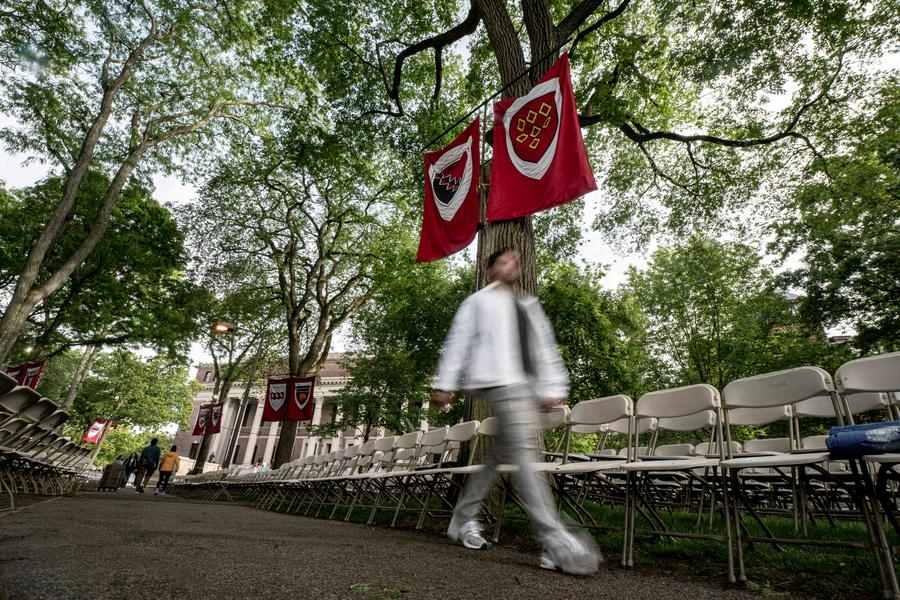SCMP reported that, at the hearing on May 29, the Federal Court Judge of Allison Burroughs in Boston City (Massachusetts) said that she would sign a preliminary order to prevent the decision of the Ministry of Security (DHS) - which once claimed that Harvard did not comply with the requirements of providing data about foreign students' activities, leading to the decision to suspend international students. This ban will take effect until the final ruling of the court has.
According to the lawsuit, Harvard said the DHS's move was a "blatant violation of the First Amendment and the principles of a fair trial in the US Constitution". The school affirmed that they had followed federal procedures and that the government's actions were political punishment.
The incident shocked the academic community. According to data from the Harvard International Office, in the 2024-2025 school year, international students account for 27.2% of the total number of students at Harvard, equivalent to 6,793 people. Including scholars and lecturers, Harvard's international community is up to nearly 10,000 people.
In a supplementary statement, Ms. Maureen Martin - Director of the Harvard International Office - said that many students expressed panic and considered transferring schools, including American students. "The fear is spreading. It is unimaginable for a Harvard without international students," she said.
Attorney for the Department of Justice Tiberius Davis - representing the defendants, including Attorney General Pam Bondi, DHS Attorney Kristi Noem and Secretary Marco Rubio - accused Harvard of failing to provide full information about the sabotage and law violations of international students on campus.

In a document submitted to the court on May 29, the government said it would give Harvard 30 days to explain why it should retain the right to receive foreign students, instead of immediately suspending them as originally planned.
However, the White House continued the pressure campaign. On May 28, President Donald Trump announced that he wanted to limit the proportion of international students at Harvard to no more than 15% to prioritize seating for American students. He also threatened to transfer billions of dollars in federal funding to vocational schools, and has now frozen $2.2 billion in funding and $60 million in contracts with Harvard.
According to observers, Harvard was just the opening shot in the campaign to pressure universities that Trump called the advanced left. In the past few months, the government has revoked thousands of SEVP (Student & Scholar Exchange Program) files and increased visa control.
On May 28, reports said Secretary Rubio sent a telegram requesting US embassies to temporarily suspend the visa interview schedule and deploy a social media review of the candidates.
Despite initially winning a protection order, experts warn that Harvard has a long legal journey ahead. Even if Harvard wins the case, President Trump can still win the fight to shape immigration policy, said Professor Stephen Yale-Loehr ( Cornell University).










